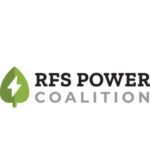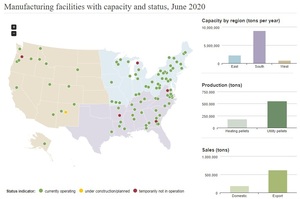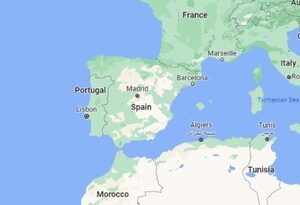Pingree urges EPA to finalize eRIN program
Energy Disrupter
ADVERTISEMENT
A group of nine federal lawmakers, led by Rep. Chellie Pingree, D-Maine, on Aug. 14 sent a letter to U.S. EPA Administrator Michael Regan urging the agency to finalize long-stalled regulatory provisions to allow eligible biomass-based electricity to participate in the Renewable Fuel Standard.
The EPA included provisions to allow the generation of electric renewable identification numbers (eRINs) under the RFS in its proposed “set” rule, released in late 2022. The agency, however, delayed implementation of the eRIN program by finalizing a version of the RFS “set” rule that was stripped of those eRIN provisions. Within the RFS “set” rule, the EPA said stakeholder positions on the proposed eRIN provisions varied greatly. Due to the complexity of many topics raised during the public comment period, the agency said it did not finalize eRIN provisions in the final “set” rule, but would “continue to assess the comments received on the proposal.” In addition, the EPA indicated it would seek additional input from stakeholders to inform potential next steps.
In the letter, Pingree and her colleagues express concern with the EPA’s decision not to finalize its proposed eRIN provisions in the RFS “set” rule. “It is imperative that EPA fulfill its statutory obligation to allow qualifying renewable electricity from biomass to fully participate in the RFS by authorizing the generation of eRINs beginning no later than January 1, 2024,” they wrote. “Should EPA believe its proposed amendments to the RFS are necessary for allowing for eRIN generation, we request EPA finalize those amendments, including relevant renewable volume obligations, by the end of September this year to allow regulated parties time to plan for compliance.”
The lawmakers note that the EPA recognized the eligibility of biomass-based power to participate in the RFS program in 2014. “In multiple appropriation bills since then, Congress has repeatedly provided funding and directed EPA to act on eRIN registration applications submitted under those rules,” the lawmakers wrote. “In each case, EPA accepted the funding provided by the American people but ignored their directions and the directions of Congress by failing to act on eRIN registrations and the agency’s statutory obligation to include electricity in the RFS.”
“Furthermore, EPA has now provided stakeholders four separate opportunities to provide public input on the appropriate structure of an eRINs program, including in 2010, 2014, 2016, and 2022,” they continued. “As such, EPA has a clear basis for making any changes it deems necessary to its recently proposed amendments and finalizing those amendments, including the proposed volume obligations attributable to qualifying electricity; EPA finalized the first renewable electricity pathways under the RFS in 2014, and the decade since has provided more than enough time for the Agency to develop rules to implement that pathway.”
The letter cites EPA’s own estimation that the eRIN program would result in meaningful greenhouse gas (GHG) emissions reductions by supporting the transition to electric vehicles while incentivizing investments in new biogas capture and low-carbon electricity production at existing solid waste, wastewater, agricultural, and other organics processing facilities, resulting in significant reductions in methane emissions.
“Given all of this, there is simply no discernable reason EPA would not finalize any necessary rules and allow eRIN generation to begin in 2024,” the lawmakers wrote. “EPA staff and leadership have already completed the hard work of developing such rules and preparing to implement the program; despite what some stakeholders have claimed, there is no evidence that an eRINs program will cause consolidation in agriculture or otherwise create perverse incentives with respect to organic waste that negatively impacts disadvantaged communities; and, all of the benefits of the program are paid for by the petroleum industry, which has enjoyed record profits in recent years. There is no downside.
“Further delay, on the other hand, introduces unnecessary risk and jeopardizes billions of dollars that could be invested in accelerating electric vehicle adoption and new low carbon electricity production,” the continued. “For these reasons, we insist that EPA finalize an eRINs program before the end of September and begin approving registration applications to allow for eRIN generation in 2024.”
The letter requests the EPA provide a written response to the lawmakers’ offices committing to a plant to complete the requested actions by Aug. 22.
In addition to Pingree, the letter is signed by Reps. Reps. John Garamendi, D-Calif.; Paul Tonko, D-N.Y.; Annie Kuster, D-N.H.; Mike Levin, D-Calif.; Debbie Dingell, D-Mich.; Jim Costa, D-Calif.; Yvette Clarke, D-N.Y.; and Scott Peters, D-Calif. A full copy of the letter is available on Pingree’s website.
















